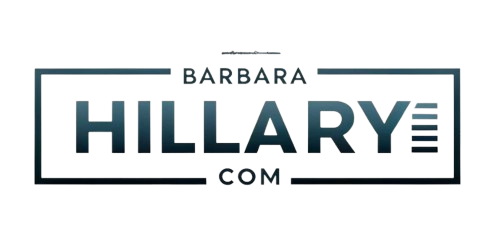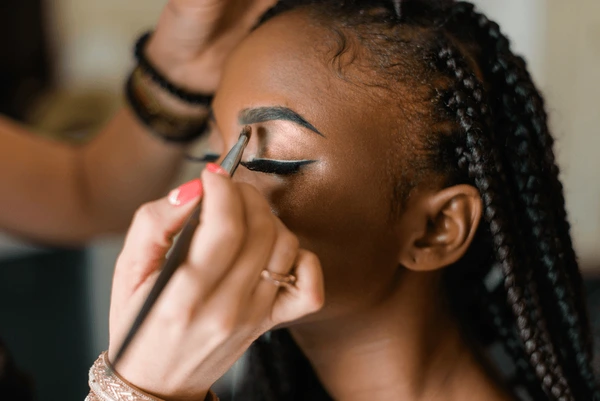African makeup is not just a form of aesthetic enhancement but a vibrant expression of cultural identity, steeped in centuries of tradition and contemporary creativity. Across the diverse continent of Africa, makeup practices vary greatly, reflecting the rich tapestries of its many cultures and regions. From the ornate face painting traditions of indigenous tribes to the modern beauty trends seen in its bustling cities, African makeup encompasses a wide array of styles and meanings. This article explores the historical significance, current trends, and the dynamic future of African makeup.
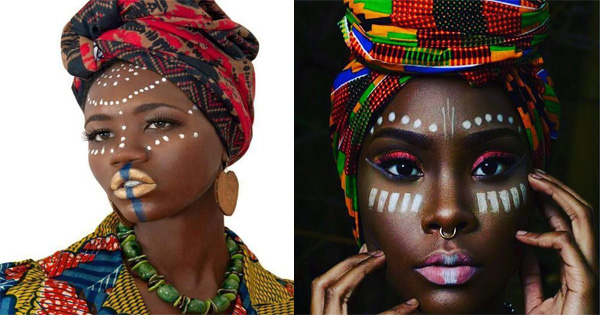
Historical and Cultural Significance
Historically, makeup in Africa has served multiple purposes – from ceremonial decoration to symbols of status and beauty. In many tribes, face painting is an art form that carries deep spiritual and cultural significance. For example, the Maasai of Kenya and Tanzania use ocher and other earth-based pigments to paint intricate designs on their faces during dances and rituals, each pattern and color symbolizing different cultural values or status within the tribe.
Similarly, in West Africa, women from the Wodaabe tribe participate in the Gerewol festival, where men adorn themselves with elaborate makeup as part of a beauty pageant to attract mates. The makeup, consisting of vibrant yellows, striking whites, and deep blacks, not only serves to enhance features but also represents the tribe’s ideal of male beauty.
Contemporary Trends and Innovations
In modern times, the African makeup scene has exploded with innovation, blending traditional techniques with contemporary styles. In cosmopolitan areas like Lagos, Johannesburg, and Nairobi, beauty enthusiasts and professionals are redefining African beauty standards with bold, vibrant makeup looks that celebrate their heritage and modernity.
African makeup artists and beauty brands are gaining recognition globally, bringing forward unique products like richly pigmented eyeshadows, foundations catering to a diverse range of skin tones, and lipsticks that compliment darker lip pigments. Brands like Juvia’s Place, founded by Nigerian-born Chichi Eburu, have made a significant impact on the international beauty scene by focusing on inclusivity and African-inspired colors and formulas.
The Influence of Social Media
Social media has played a pivotal role in the global recognition of African makeup artistry. Platforms like Instagram and YouTube have allowed African makeup artists to showcase their goltogel creativity to a worldwide audience, breaking cultural barriers and redefining beauty standards. These artists not only highlight their technical skills but also often incorporate traditional cultural elements into their looks, educating their audiences about their rich heritage.
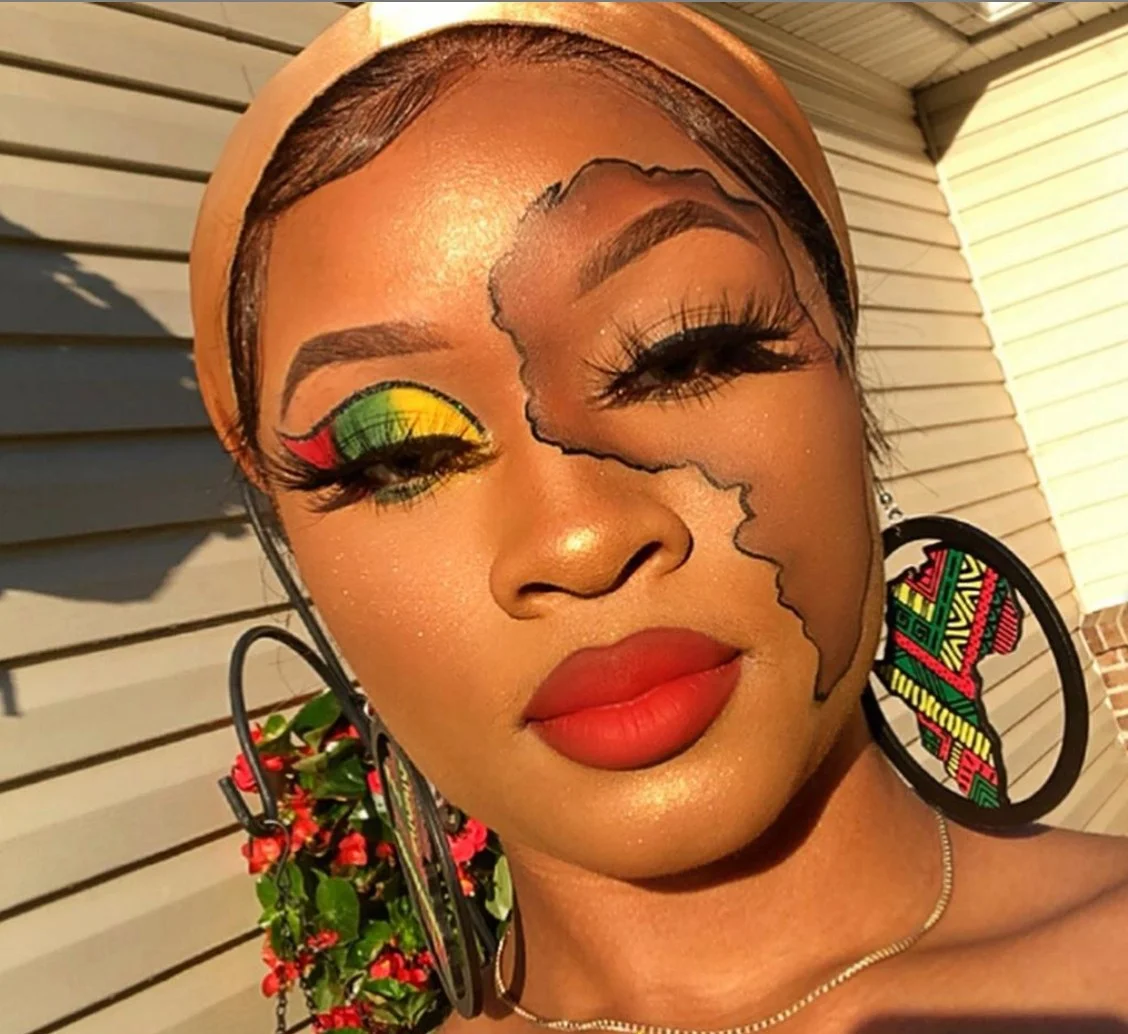
Challenges and Opportunities
Despite its vibrant scene, the African makeup industry faces several challenges. The availability of quality makeup products tailored to diverse African skin tones and types can be limited, particularly in remote or less economically developed areas. Furthermore, the global beauty industry’s standardization of beauty often overlooks the unique features and needs of African women.
However, these challenges present significant opportunities for growth and innovation. There is a growing demand for products that meet the specific needs of African consumers, and local entrepreneurs are stepping up to fill this gap, promoting local ingredients and sustainable practices.
African makeup is a beautiful blend of history, culture, and innovation. It serves as a powerful form of expression that celebrates the continent’s diverse beauty and rich traditions. As the global beauty industry evolves, the influence of African makeup continues to grow, promising a future where African beauty standards are not just recognized but revered on the global stage. This ongoing evolution not only enhances the visibility of African cultures but also empowers more individuals around the world to embrace and celebrate African-inspired beauty.
The Pros and Cons of African Makeup: Celebrating Diversity and Facing Challenges
African makeup is as diverse as the continent itself, embodying a rich mix of traditional practices and modern influences. It reflects not only the cultural heritage of various African communities but also their contemporary innovations in beauty. While African makeup brings numerous advantages by fostering identity and creativity, it also faces challenges that impact its growth and perception on the global stage. This article explores both the strengths and limitations of African makeup in today’s increasingly interconnected world.
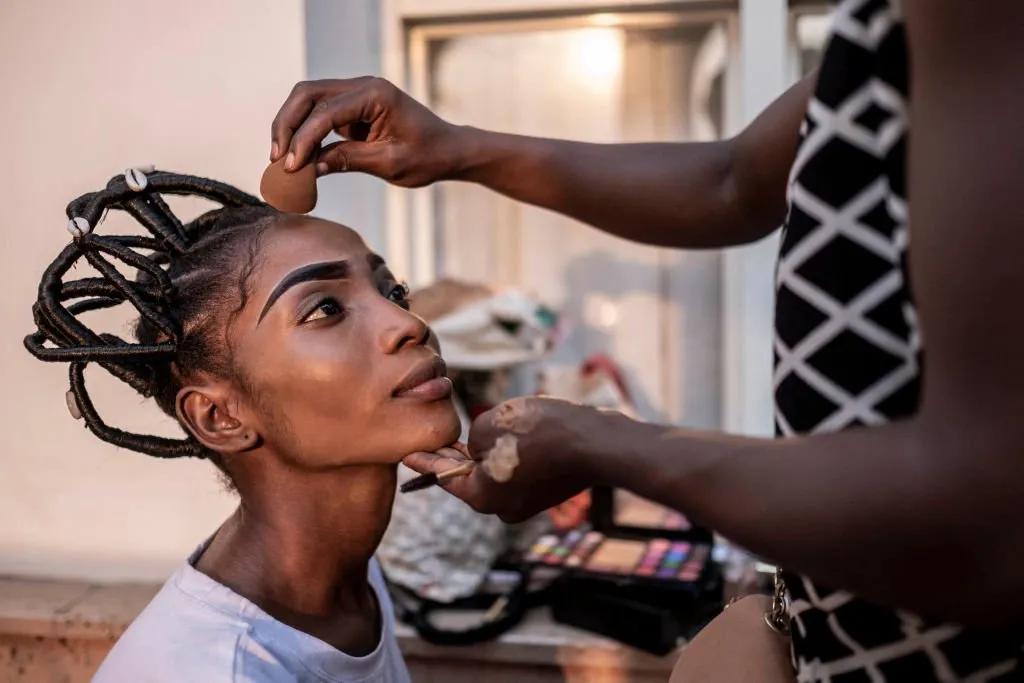
Advantages of African Makeup
- Cultural Expression and Preservation: African makeup serves as a profound medium for cultural expression and preservation. Traditional makeup styles, such as tribal face paintings and ceremonial adornments, carry historical significance and help keep ancient customs alive. Each stroke and color used in traditional African makeup can signify a variety of cultural, social, or religious meanings that are unique to each community.
- Diversity and Inclusivity: The African beauty industry is at the forefront of promoting diversity and inclusivity, especially in terms of skin tone. With its wide array of complexions, the African cosmetics market offers products that cater to a diverse spectrum, setting a precedent for global brands to follow. This push for inclusivity is slowly reshaping international beauty standards to be more accommodating of all skin types and colors.
- Innovation in Beauty Products: African makeup brands are known for their innovative use of local ingredients and sustainable practices. These brands often incorporate indigenous knowledge and materials, such as shea butter, argan oil, and marula oil, which are celebrated for their beneficial properties. This not only promotes local economies but also introduces these rich ingredients to a global audience.
- Economic Empowerment: The rise of local and international African makeup brands provides significant economic opportunities within the continent. By tapping into both local and international markets, these brands contribute to job creation and economic development, empowering communities, especially women.
Challenges of African Makeup
- Accessibility and Affordability: High-quality makeup products can be scarce and expensive in many parts of Africa, primarily due to import costs and limited local manufacturing. This makes it difficult for a significant portion of the population to access products that are suitable for their skin types and tones.
- Representation in Global Markets: Despite the richness of African makeup, there is still a lack of adequate representation in the global beauty market. African brands often struggle to gain the same recognition and distribution as their Western counterparts, which can limit their reach and influence in shaping global beauty standards.
- Quality Assurance: As the market for African cosmetics grows, maintaining high standards of product safety and quality becomes a challenge. Regulatory frameworks for cosmetics are not equally robust in all African countries, which can lead to inconsistencies in product quality and safety.
- Cultural Appropriation: The global interest in African makeup styles and products can sometimes lead to cultural appropriation, where traditional elements are used out of context or without proper acknowledgment of their cultural significance. This can dilute the cultural meanings embedded in these styles and exploit the very cultures they originate from.
Conclusion
African makeup is a powerful testament to the continent’s heritage and its dynamic present. While it showcases the beauty and diversity of African traditions and innovations, it also faces significant challenges that need to be addressed to ensure its sustainable growth and respect for its cultural roots. By supporting local industries, advocating for better representation in global forums, and educating about the cultural significance behind traditional makeup, the world can appreciate and engage with African beauty practices in a more respectful and inclusive manner.
Read More Article About “The Multifaceted Health Benefits of Balanced Lifestyle 2024“
